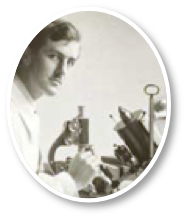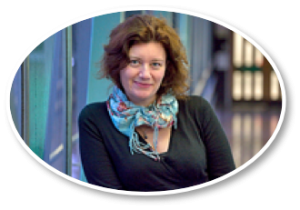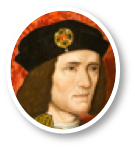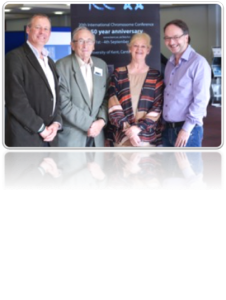It was “no rest for the wicked” as far as conference organization in the Griffin Lab was concerned as Darren and his team organized their second international conference of the year. In the first week of September 2014, Woolf College was home to the 50th Anniversary meeting of the International Chromosome Conference – the 20th of these to be held.
Professor Cyril Darlington, dubbed “the man who invented the chromosome”, first initiated the series back in 1964. Darlington started his academic career in Kent (at Wye College 1920-1923), and in 1953 became Professor of Botany at the University of Oxford. He remained in Oxford until his death in 1981, and during this time, was apparently the next door neighbour of our very own Professor Mick Tuite. Darlington was one of the leading biological thinkers of the twentieth century who sought to answer nature’s biggest questions such as how species arise and how variation occurs. This inspired him to ask questions about the link between biology, culture and society, core themes of CISoR. The national archives in the Bodlean library records his review of “The Archbishop of Canterbury’s memorandum on artificial insemination by donor” as well as his founding of these conferences, something he considered to be one of his most important achievements.
Professor Cyril Darlington
The latest gathering brought together leading researchers on chromosome biology covering topics such as reproduction, fertility, cancer, nuclear organisation, human artificial chromosomes, avian genomics and sex chromosome evolution.
Dr Turi King of the University of Leicester delivered the keynote lecture giving an account of Grey Friars project that uncovered the remains of Richard III. It was thought that the chances of finding Richard’s remains were slim and best but nevertheless, Turi, with her background both in archaeology and genetics, was approached – should the skeletal remains of a ‘good candidate’ to be Richard III be found. Turi spoke about the project, from the early stages of planning, through to the excavation and the results of the various strands of analysis carried out on the skeleton. She told a captivated audience about us about her work on the mitochondrial DNA of two descendants of Richard’s eldest sister, Anne of York, and how this confirmed that the remains were actually the former King himself.
Dr Turi King
The conference began with a reunion of the Griffin lab, which celebrated 10 years in Kent and concluded with a conference dinner at Leeds castle. Darren said “it was a very emotional experience for me to bring together friends, colleagues and former mentors on this historic occasion. The conferencing office, particularly Louisa Harvey did a fantastic job keeping us all organised, and, for the second time in a year, my lab excelled themselves in providing a great advert for the University.”
Professor Darren Griffin, Professor Malcolm Ferguson-Smith, Professor Jenny Graves and Professor Dean Jackson



